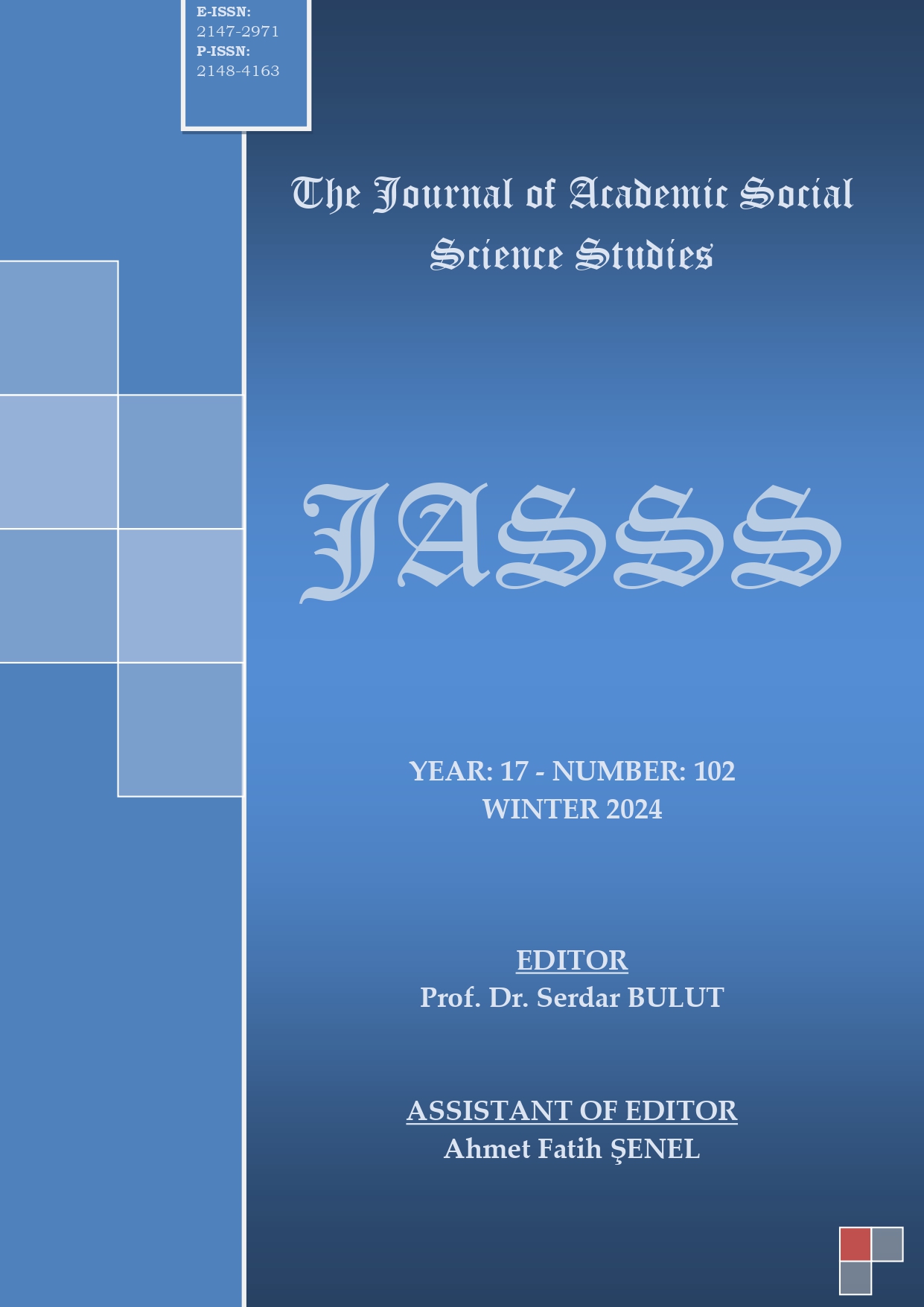Author :
Abstract
Spor yapmak bireyler için zihinsel, ruhsal, fiziksel, sosyal ve iletişimsel açıdan birçok fayda sağlamaktadır. Bu faydaların yanı sıra ilgilenilen spor branşında devamlılık göstermek önemli görülmektedir, zira spora bağlılığın yüksek olması, sporcu kimliğinin de iyi düzeyde olmasına temel oluşturacaktır. Bu sebeple hem sporcu kimliği hem de spora bağlılık birbirini olumlu etkileyen iki kavram olarak görülmektedir. Bu kapsamda çalışmanın amacı, sporcuların sporcu kimlikleri ile spora bağlılık düzeyleri arasındaki ilişkinin incelenmesidir. Bu amaç doğrultusunda araştırmada ilişkisel tarama modeli kullanılmıştır. Araştırma grubu, basit örnekleme yöntemiyle belirlenen 251 (125 kadın, 126 erkek) sporcudan oluşmuştur. Veriler, sporcuların uygunluk durumuna göre hareket edilerek toplanmıştır. Araştırmada; “kişisel bilgi formu”, “sporcu kimliği ölçeği” ile “spora bağlılık ölçeği” kullanılmıştır. Verilerin analizinde, demografik özellikleri değerlendirmek için, T-Testi ve ANOVA testi uygulanmıştır. Ayrıca ölçekler arasındaki ilişkiyi incelemek için oluşturulan Yapısal Eşitlik Modeli (YEM) testiyle değerlendirilmiştir. Araştırma bulgusu t-testi sonuçlarına göre cinsiyet, sporcu düzeyi ve sporcu kategorisinde hem spora bağlılık alt boyutlarında hem de sporcu kimliğinde anlamlı farklılıklar tespit edilmiştir. Sporcu kimliği ile spora bağlılık arasındaki yol kat sayısı istatistiksel olarak anlamlı bulunmuştur. Sonuç olarak sporcu kimliğinin, spora bağlılığı anlamlı şekilde yordadığını söyleyebilmekteyiz. Bu bulgu, sporcu kimliğinin artması ile spora bağlılığında artacağını göstermektedir. Ayrıca, cronbach alpha değerleri çalışma verilerinin yüksek derecede güvenilir olduğunu göstermektedir.
Keywords
Abstract
Doing sports provides many benefits for individuals in terms of mental, spiritual, physical, social and communication. In addition to these benefits, it is considered important to be continuous in the sports branch of interest, because a high level of commitment to sports will form the basis for a good level of sportsman identity. For this reason, both sportsman identity and sports commitment are seen as two concepts that positively affect each other. In this context, the purpose of the study is to examine the relationship between the sportsman identities of the athletes and their levels of commitment to sports. For this purpose, the relational screening model was used in the research. The research group consisted of 251 athletes (125 female, 126 male) determined by the simple sampling method. The data were collected according to the athletes' availability. In the research; "personal information form", "sportsman identity scale" and "sports commitment scale" were used. In the analysis of the data, T-Test and ANOVA test were applied to evaluate demographic characteristics. In addition, the relationship between the scales was evaluated with the Structural Equation Model (SEM) test. According to the t-test results of the research findings, significant differences were found in both the sub-dimensions of commitment to sports and the identity of athletes in gender, athlete level and athlete category. The path coefficient between athlete identity and commitment to sports was found to be statistically significant. As a result, we can say that athlete identity significantly predicts commitment to sports. This finding shows that commitment to sports will increase as athlete identity increases. In addition, Cronbach alpha values show that the study data are highly reliable.





